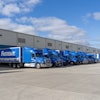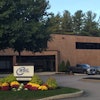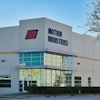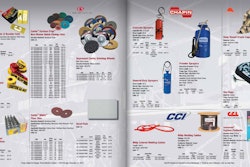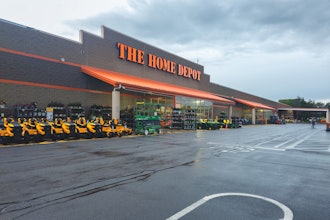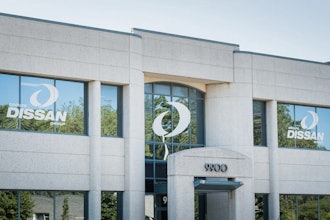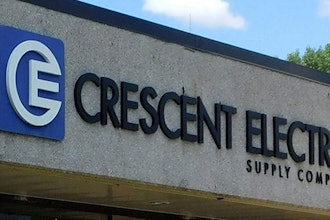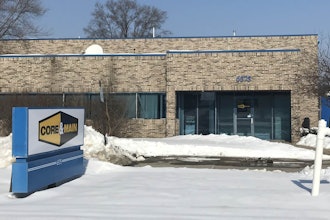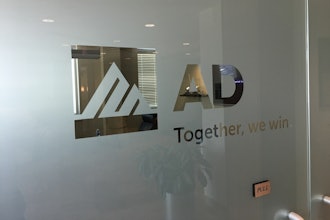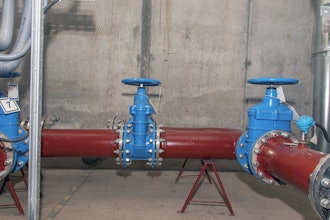One decade ago, Wal-Mart took an unprecedented step, asking suppliers to add radio frequency identification (RFID) tags to pallets and cases. Today, the retail industry is poised to make RFID technology and smart label tracking an integral part of the present and future. For producers to place products in retail stores during the age of smart label tracking, they will need RFID labels for pallets, cases and individual products.
What is smart label tracking?
Smart label tracking is the practice of using RFID tags to track products throughout warehouses, shipping and retail stores. A tag, placed on items, cases and pallets, transmits a unique, identifying radio frequency that can only be picked up by an RFID reader. Next, a reader translates the signal into digital information that can sync up with an inventorying computer system.
Read more: Smart label tracking and why it’s the future of product distribution
Smart label tracking with RFID technology is supplanting the existing technology of barcodes and barcode scanners. The reason? Instead of using the time-consuming process of scanning items individually, retailers, distributors and producers can automatically scan and track an entire warehouse of products with the right setup of RFID readers and computer software. Companies can process 20,000 items per hour instead of 250 items per hour with barcode scanners. The time and money savings alone make RFIDs appealing, and they also allow companies to cost-effectively capture more detailed and frequent data about where a product is in the logistics process — all while reducing the need for human intervention in product handling.
Increasing retailer adoption
Stretching back to 2008, major retailers Dillard’s and Bloomingdale’s launched item-level tracking pilots. In the years that have passed, Wal-Mart has made RFID labels a required element of many men’s wear products. Earlier this year, Target announced their major adoption of smart label tracking technology for women’s wear, baby clothing, kid’s apparel and home décor goods in all stores. Target’s move alone will likely result in the use of more than 1 billion RFID tags by the end of 2016. Along with Target, online retail giant, Amazon, has invested heavily in RFID research.
While RFIDs have already been adopted in thousands of stores, retailers will likely use RFIDs for many more product categories. This is just the tip of the iceberg. The technology will become widespread in the near future.
When will producers and distributors need to implement smart label tracking?
Retailers are likely still years away from requiring that every product in their stores come with an item-level RFID tag. However, that day is likely coming in the next five to 10 years for many products — and far sooner for many apparel goods. Regardless of retailer demands, many producers and distributors will transition to RFIDs and smart label tracking in the next few years, as the benefits of time saving, tracking accuracy and cost reduction make it an attractive investment.
How producers and distributors can implement RFIDs and smart label tracking
To implement smart label tracking using RFIDs, both producers and distributors require the proper infrastructure. The first step is to work with a solutions architect that evaluates existing warehousing, products and computer systems. The solutions architect then identifies the best software and RFID reader technology to help producers and distributors implement smart label tracking. At the product level, RFID labels are required. A label manufacturer with capabilities in a variety of RFID chips, RFID inlays and label technologies can provide the best RFID label solutions.
More about Mark Davenport
Mark Davenport is President of Mid-South RFID, a Resource Label Group company that manufactures RFID labels and partners with RFID solutions architects. Learn more on the Resource Label Group website.

